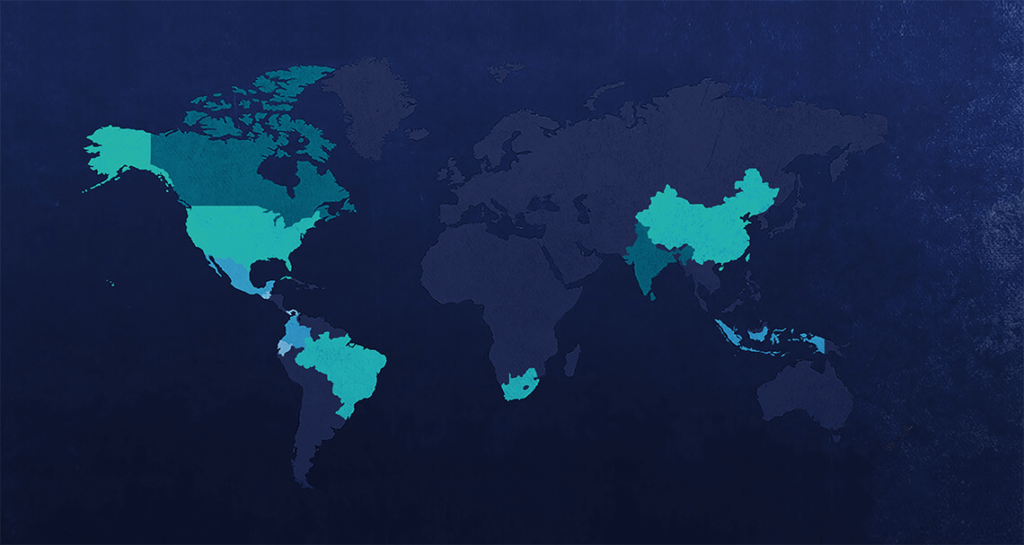
Global challenges require global solutions. That's why Nature Needs Half works to inspire others to collaborate on behalf of nature. In this way, region by region, we can protect half of Earth in time to end the Sixth Mass Extinction. Discover below more about your country and what others are doing to save our wild planet!
In a country where four out of every five people live off the land, community-based conservation is an absolute necessity. And in Tanzania, it is yielding big wins for wildlife...

Over 90% of Madagascar’s mighty jungles have vanished in the wake of slash-and-burn agriculture. An impoverished human population combined with historically few opportunities to tie community development with conservation goals...
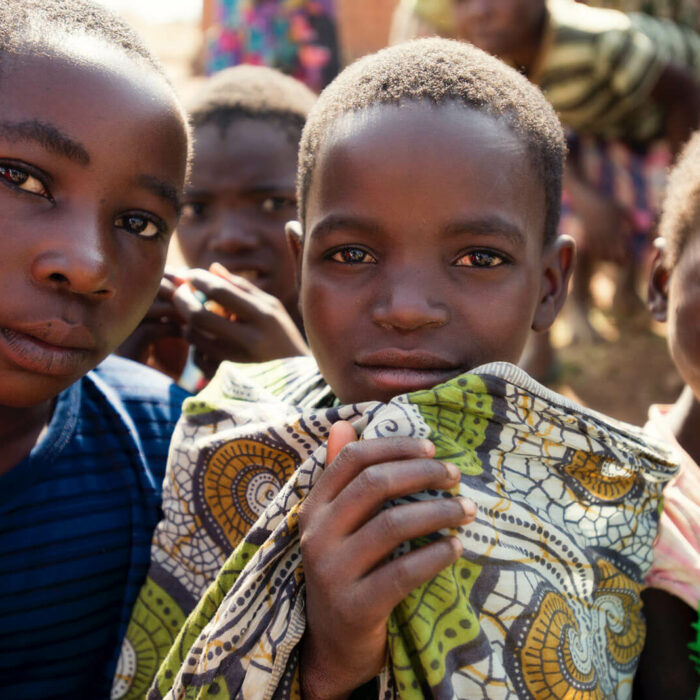
Malawi’s strong stance against wildlife trafficking combined with its excellent leadership protecting the wild landscapes that remain set a strong basis for hope in this southern African region. Still, an...
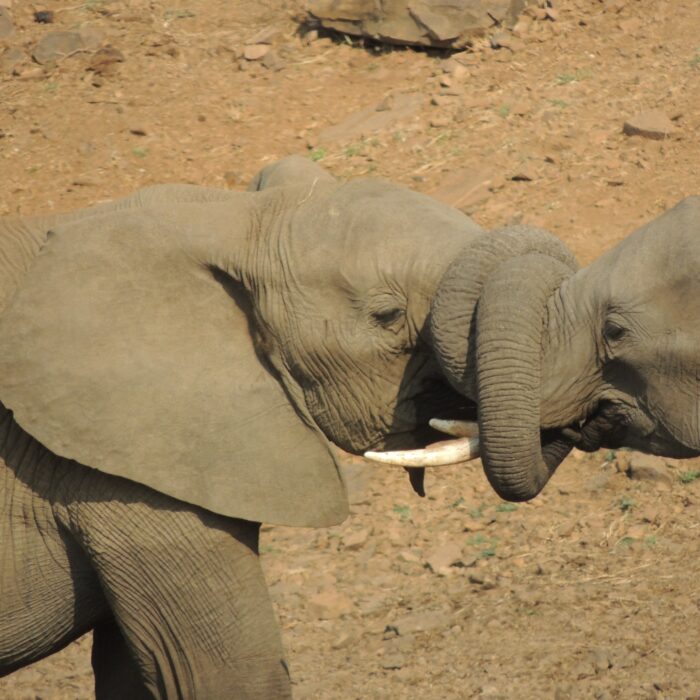
Mali’s territory is home to only five ecoregions, but these ecoregions numerous sustain rare and iconic species. An international coalition of partners, including the Mali's government and the United Nations,...
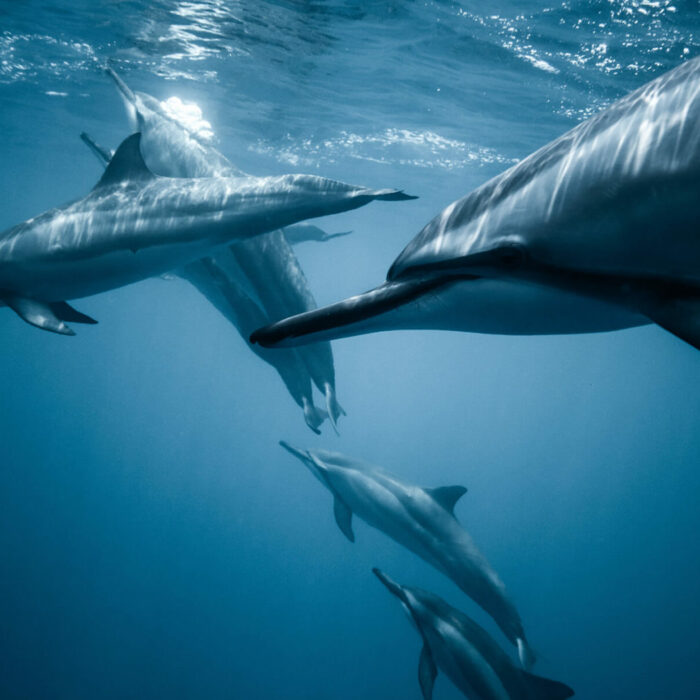
Earth’s oceans are the womb of all life on Earth. Healthy oceans are rich in beauty, wildlife, and indispensable ecological services. But lack of governance and a corresponding wild west...

A diverse and densely populated country, Mexico’s territory is near equal parts Half Protected, Nature Could Reach Half, Nature Could Be Restored, and Imperiled. While most of Baja is nearly...
India is one of the world's most biodiverse countries; it is also one of the most imperiled. This is why Nature Needs Half is working in this region, specifically, for the...
Read More
Remote, sparsely populated landscapes have worked to nature’s favor in Mongolia. But technological and economic integration continues a pace around the world, Mongolia will face new challenges as it works...

Mozambique is blessed with spectacular wildlife, and burdened by crushing poverty. The confluence of these circumstances has resulted in a 70% loss of Mozambique’s wildlife since 1975. Innovative projects working...
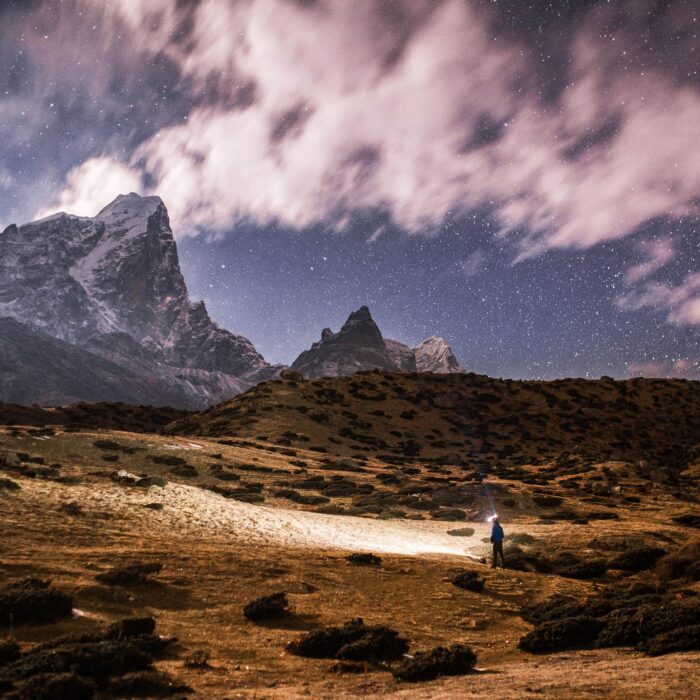
Climate change and an escalation in wildlife crime are two threats to Nepal's nature. Nevertheless, this country has responded with vigor, engaging local communities to help combat poaching and working...
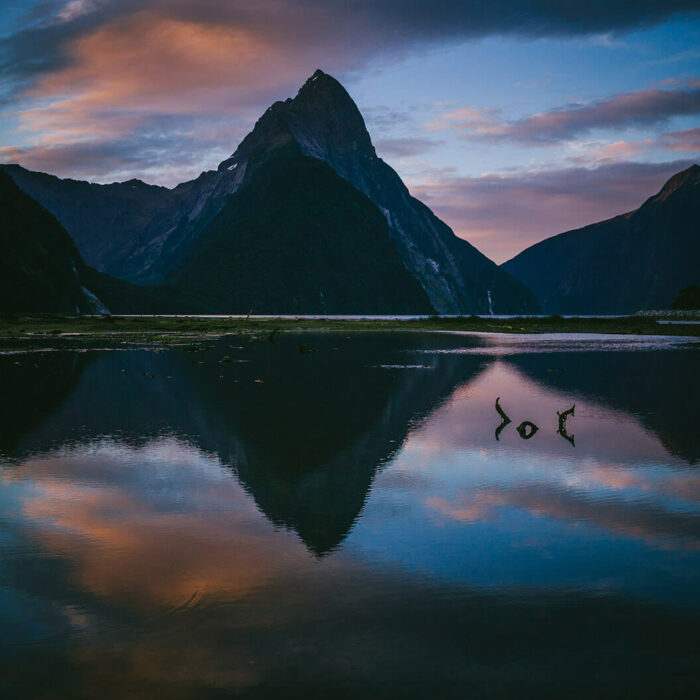
New Zealand’s famous coastlines and rolling green hills look pristine, but belie a more complex story. Overgrazing has placed New Zealand squarely in the nature “could recover” category. New Zealand’s...
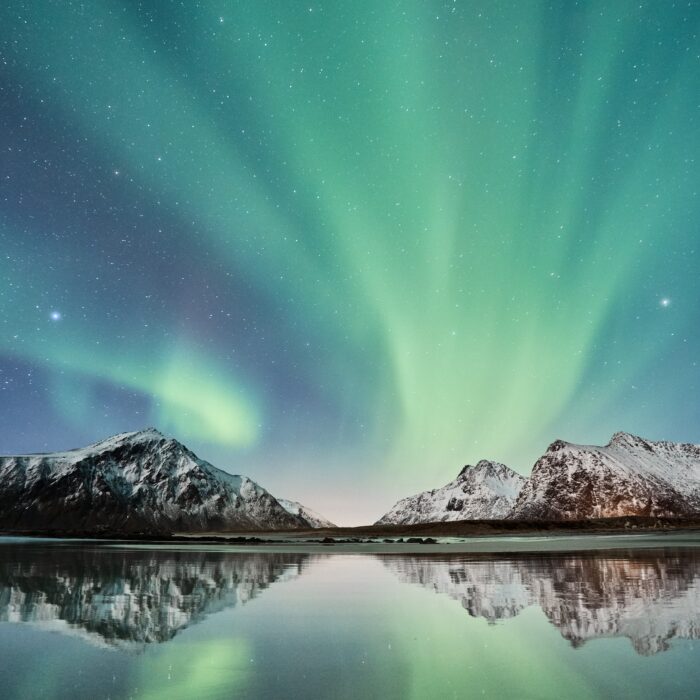
A century ago, Norway was on the brink of losing its forests. Today, Norway's forests have recovered and continue to expand each year, offsetting 60% of Norway’s greenhouse gas emissions....
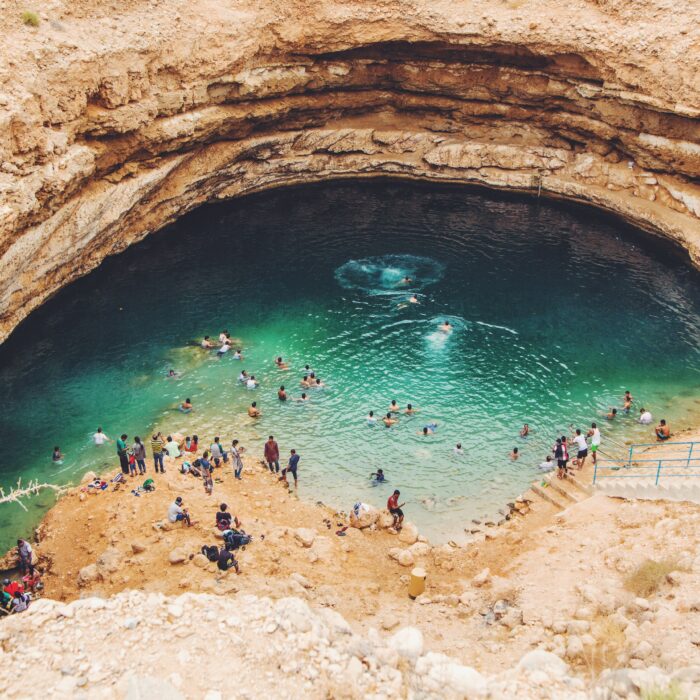
Oman is situated across an ecologically diverse region that includes coastal fog shrublands and beautiful coral reefs. While few formal protections are in place, much of Oman’s ecology is still...